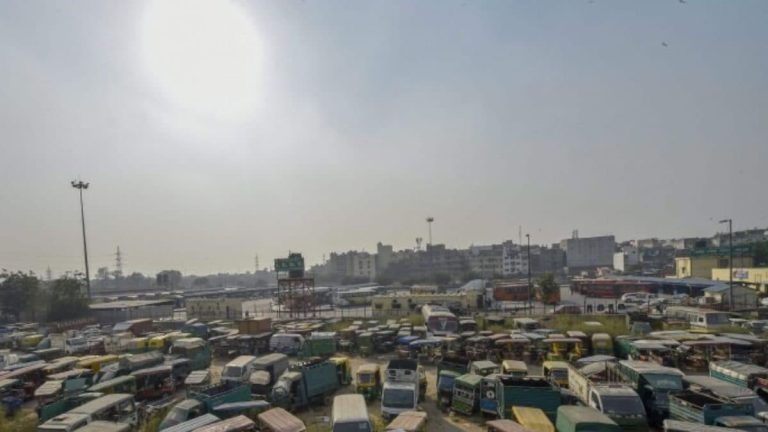Last updated:

CAQM hopes that by raising parking fees, fewer people will choose to use private cars. (Press Trust photo)
CAQM is tasked with adjusting parking rates based on peak traffic times and regional congestion.
Delhi residents may soon face higher parking charges as the Council of Air Quality Management (CAQM) directs the city's civic body to overhaul and rationalize parking charges by November 1, 2024. Use public transportation more. If implemented as planned, the new parking fees will take effect in November this year.
CAQM is tasked with adjusting parking rates based on peak traffic times and regional congestion. The strategy aims to discourage the overuse of private cars and promote more sustainable travel options. This is not the first time the CAQM has proposed such measures; a similar directive was issued in April.
Reasons behind the change
The increasing number of private cars in Delhi is exacerbating air pollution and traffic congestion. CAQM hopes that by raising parking fees, fewer people will choose to use private cars, thereby reducing pollution levels and alleviating traffic problems.
Will higher parking fees have an impact?
Experts believe simply raising parking fees may not be enough. Amit Bhatt, executive director (India) of the International Council for Clean Transportation (ICCT), said a comprehensive parking management plan is crucial. Butt advocates additional measures, such as lowering fees for zero-emission vehicles or providing them with free parking spaces, to incentivize cleaner alternatives.
“We need to reduce fees for zero-emission vehicles or provide them with free parking to encourage a shift to cleaner fuels,” Bhatt said in a recent report in The Times of India.
The CAQM's approach reflects a wider strategy to address Delhi's air quality issues, but the effectiveness of these measures in changing commuting habits and reducing overall pollution remains to be seen.
